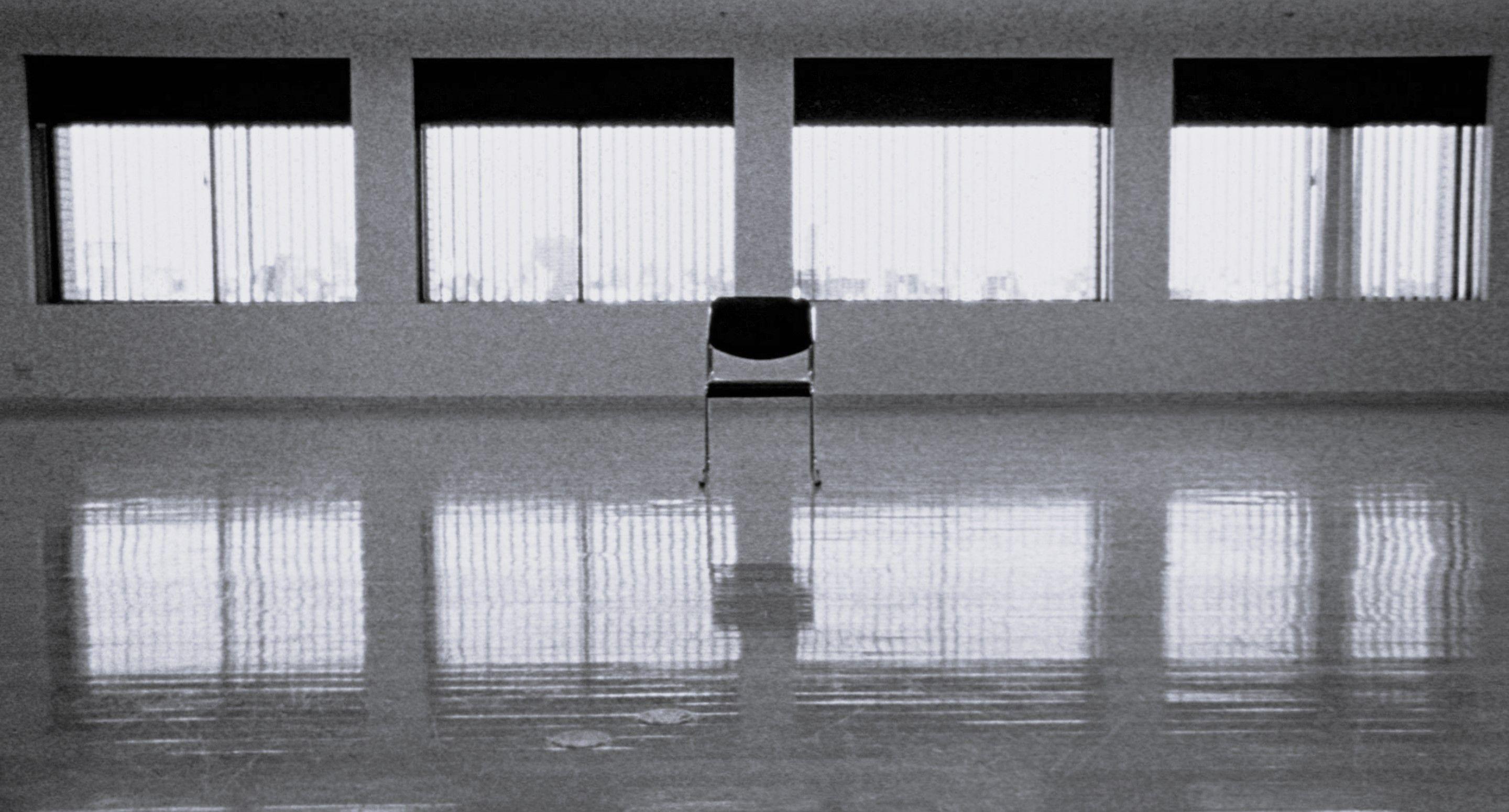Based on a series of interviews and testimonies, which travel between the memory of the past and accounts of the present, Francisca Neves proposes a piece based on extensive research with young students, to create a performance that explores the violence and conflict that can result from an educational process.
Cartografia do Crescimento is a piece for two performers, built on a biographical and documentary archive of children and young people between the ages of 6 and 16. Structured in the aesthetics of an unconventional conference, the piece is grounded in Marshall's interviews, child psychological and behavioral studies, Marianne Wex's study of the repercussions of patriarchal culture and Anne Teresa de Keersmaeker's concept of the embodiment of an abstraction and repetition.
The aim is to create a hybrid and informal performance space that can be transformed by the performers. An undefined malleable space in constant construction and deconstruction, presented as material to manipulate and rto eflect on child development processes. A speculative material (composed of bricks, clay, wood, paper, etc.) that can articulate some of the central dramaturgic ideas in Cartografia do Crescimento.
CREDITS
